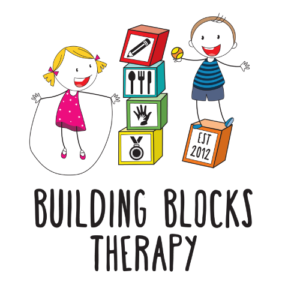What is Modelling?
Occupational Therapists use modelling, a powerful tool for educators to enhance their practice and positively impact student learning. Modelling allows educators to learn by observing and imitating desired behaviours. By incorporating modelling into their teaching practices, educators can create a more effective and supportive learning environment for their students.
Benefits of Educators’ Observing Therapists Modeling Strategies
Hands-On Learning
Educators can see how evidence-based strategies are applied in real time, making it easier for them to understand and embed these techniques in their own practice.
Increased Understanding of Techniques
Observing a therapist allows educators to understand the rationale behind specific strategies, improving their ability to implement them effectively.
Immediate Clarification and Feedback
Educators can ask questions and receive immediate feedback, helping refine their understanding and approach to the modelled strategies.
Enhanced Skill Development
Educators develop their skills by seeing how an Occupational Therapist manages specific situations, which can increase their confidence in addressing similar challenges in the classroom.
Collaborative Problem-Solving
Joint observations foster a collaborative relationship between therapists and educators, enabling them to solve problems and tailor strategies to individual students’ and classroom needs.
Benefits of Educators Modelling New Strategies or Approaches to Children
Reinforcement of Learning
When educators model strategies, it reinforces their own learning, making it habitual for them to embed these approaches into their daily practice.
Improved Teaching Strategies
Observing effective modelling can help teachers refine their instructional techniques.
Consistency in Implementation
By modelling strategies themselves, educators ensure that the approaches are consistently applied across different contexts, benefiting students through generalisable supports.
Increased Student Engagement & Motivation
When educators apply modelled strategies, students feel better understood, more engaged and motivated, leading to a more positive and inclusive learning environment.
Modelling for Peers
Educators who model new strategies can also serve as role models for their peers, promoting a culture of continuous learning and professional growth within the school. This will lead to peers advocating for one another to support well-being.
Enhanced Professional Development
By combining the observation of OTs with the active modelling of new strategies, educators can effectively bridge theory and practice, leading to improved student outcomes and a more dynamic, responsive educational environment.
Email our Clinic Director, Lize Roos on to register your interest in the Program or complete the form below:
